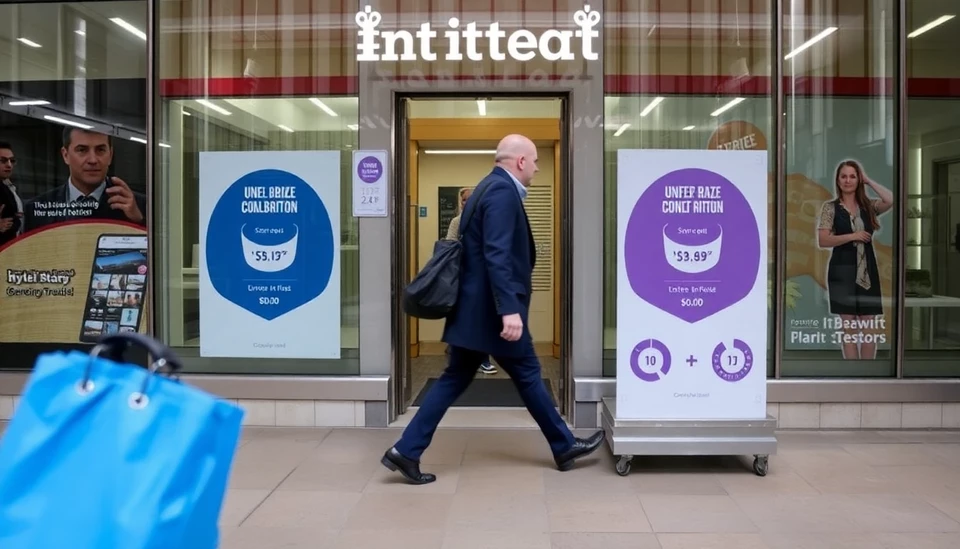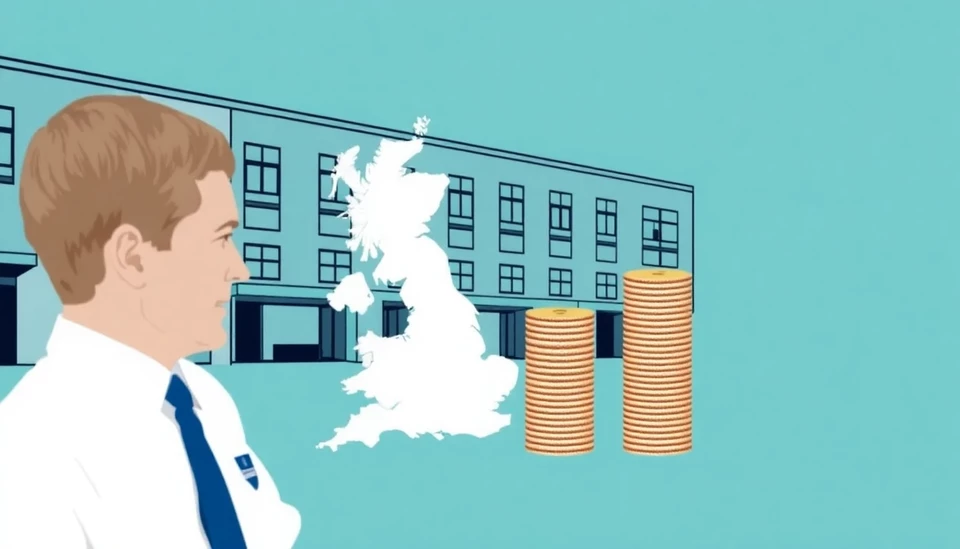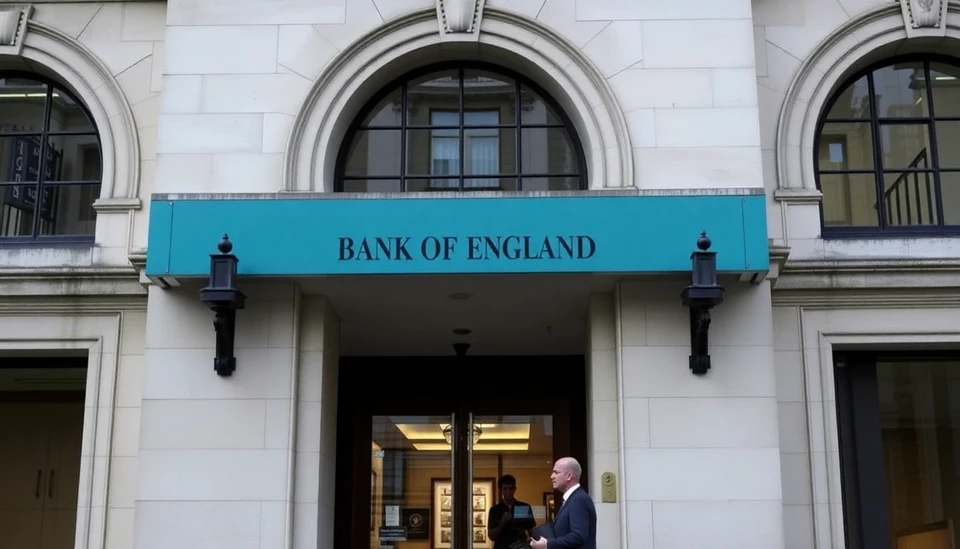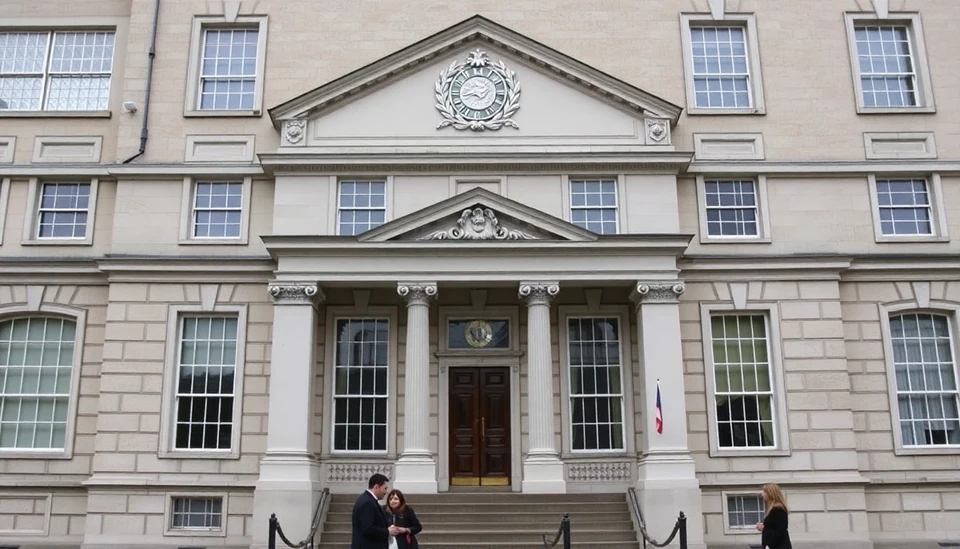
In a surprising turn of events for the UK economy, inflation rates have unexpectedly declined, offering a glimmer of hope for potential interest rate cuts in the near future. The latest economic data reveals that inflation, as measured by the Consumer Prices Index (CPI), eased to 4.2% in March compared to 4.6% in February. This unexpected slowdown is being closely scrutinized by economists and financial analysts as it could pave the way for the Bank of England to reconsider its monetary policy approach.
The decline in inflation was unexpected by many experts who had anticipated the rate to hold steady or even rise amid ongoing economic pressures and disruptions. This development is noteworthy as it follows a prolonged period during which inflation was a significant concern for the UK, fueled by factors such as rising energy prices and supply chain disruptions. The recent easing of price pressures is likely to influence discussions among policymakers regarding the future trajectory of interest rates.
Market analysts are already reacting to this news, with many expressing optimism that the Bank of England may soon pivot towards a more accommodative monetary stance. The possibility of rate cuts could provide much-needed relief to consumers and businesses alike, who have been grappling with higher borrowing costs. If the central bank opts to lower rates, it could stimulate economic growth and potentially ease financial burdens for borrowers across various sectors.
Moreover, this inflation slowdown can be attributed to a variety of factors, including a decrease in fuel prices and a softening of the demand for goods and services. Analysts point out that as global supply chains recover, the pressures that previously contributed to rising prices appear to be easing, resulting in a more stable economic environment.
The news has sparked a wave of speculation regarding future monetary policy decisions. The Bank of England's next meeting is highly anticipated, as policymakers assess whether the economic indicators justify a shift in strategy. The central bank has been cautious in its messaging, but this latest data could influence a more dovish approach in the near term, especially if inflation continues to trend downward.
Furthermore, the broader economic implications of this slowdown in inflation could lead to a shift in consumer sentiment. Households that were previously burdened by higher prices might experience a renewed sense of confidence, potentially increasing spending in the economy. This renewed consumer activity might support economic recovery post-pandemic, allowing businesses to flourish as they adapt to the evolving economic landscape.
In conclusion, the unexpected dip in UK inflation is a positive signal that could create opportunities for economic growth. As the Bank of England prepares to analyze the data and its implications, all eyes will be on how this information influences their monetary policy decisions in the coming weeks.
#UKInflation #InterestRates #BankofEngland #EconomicRecovery #FinanceNews
Author: Laura Mitchell




